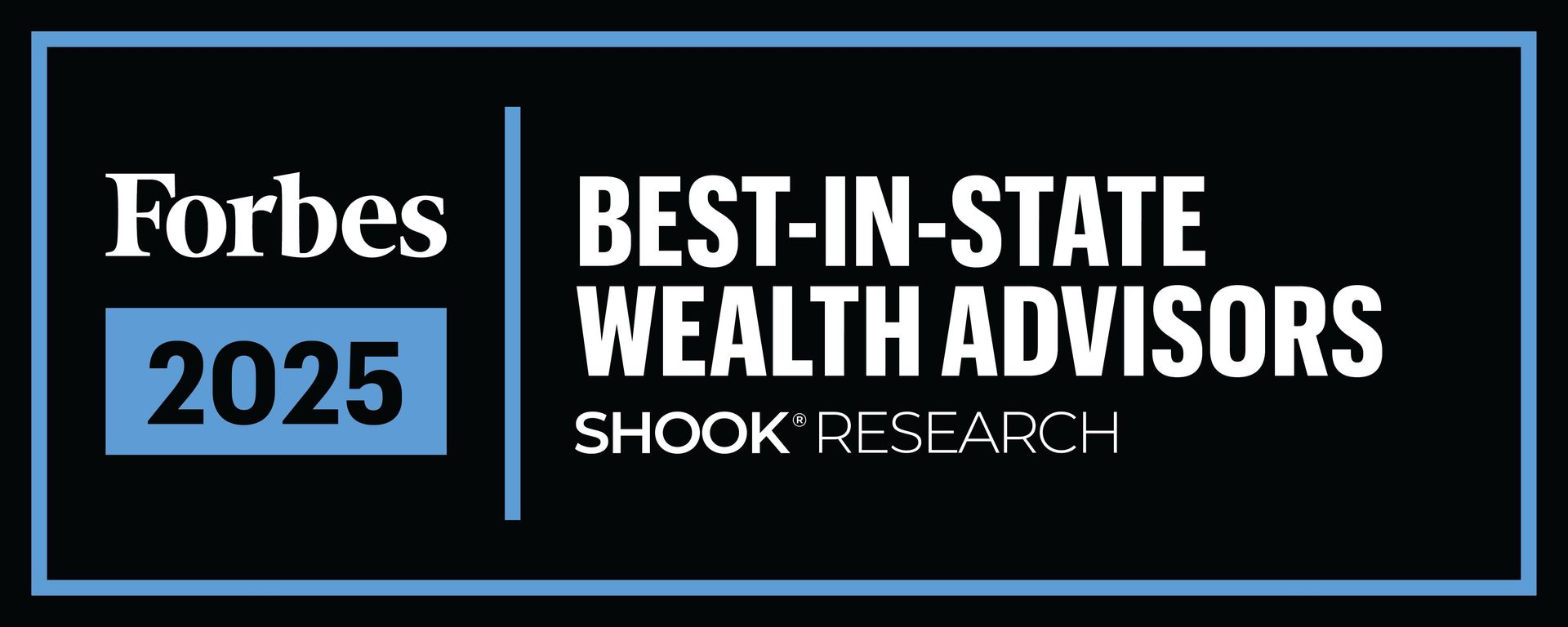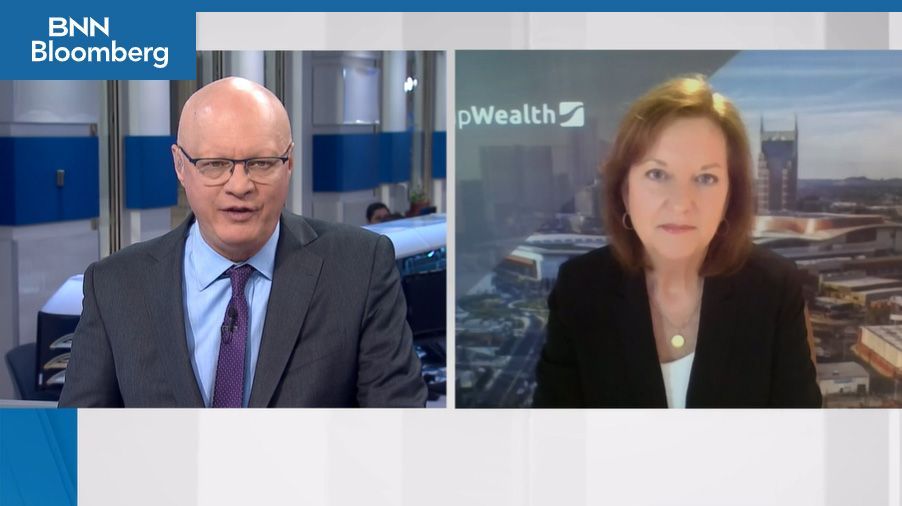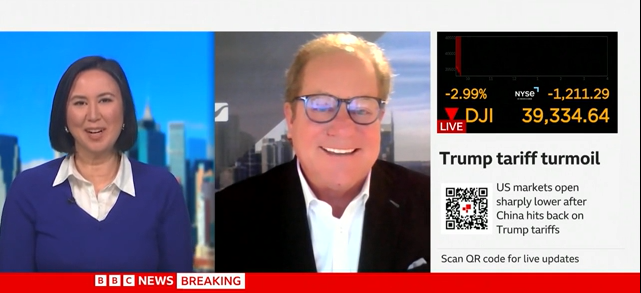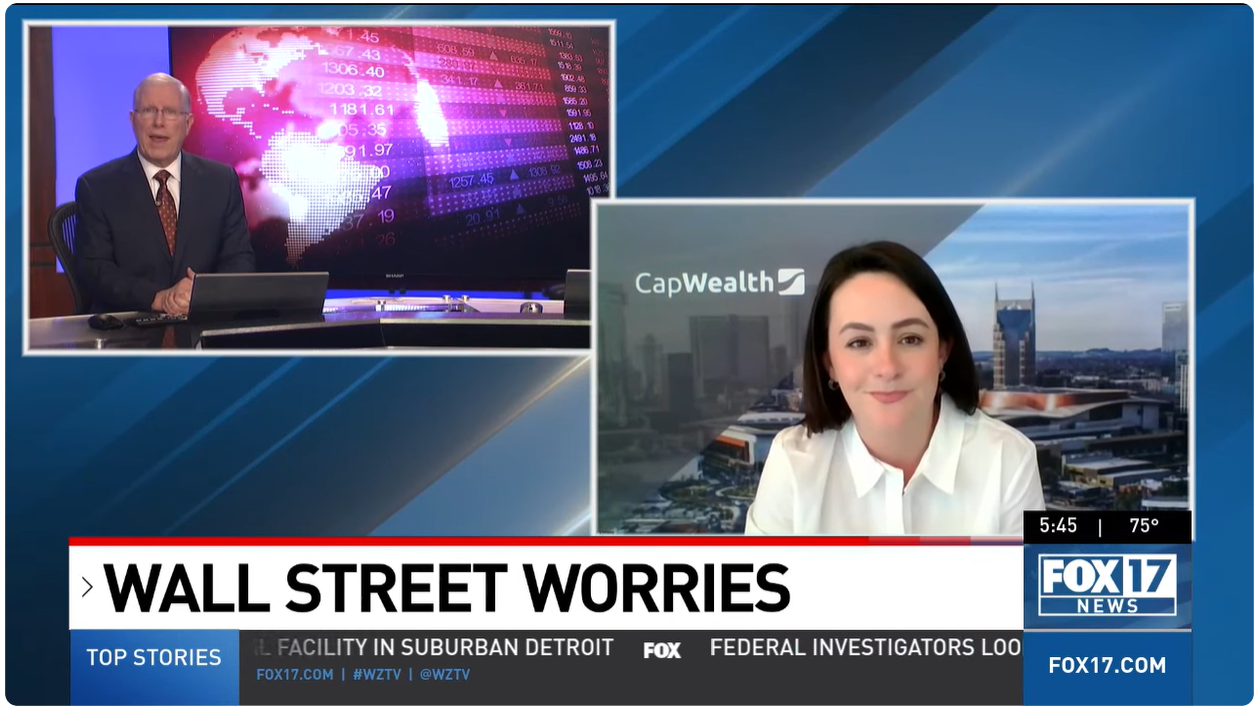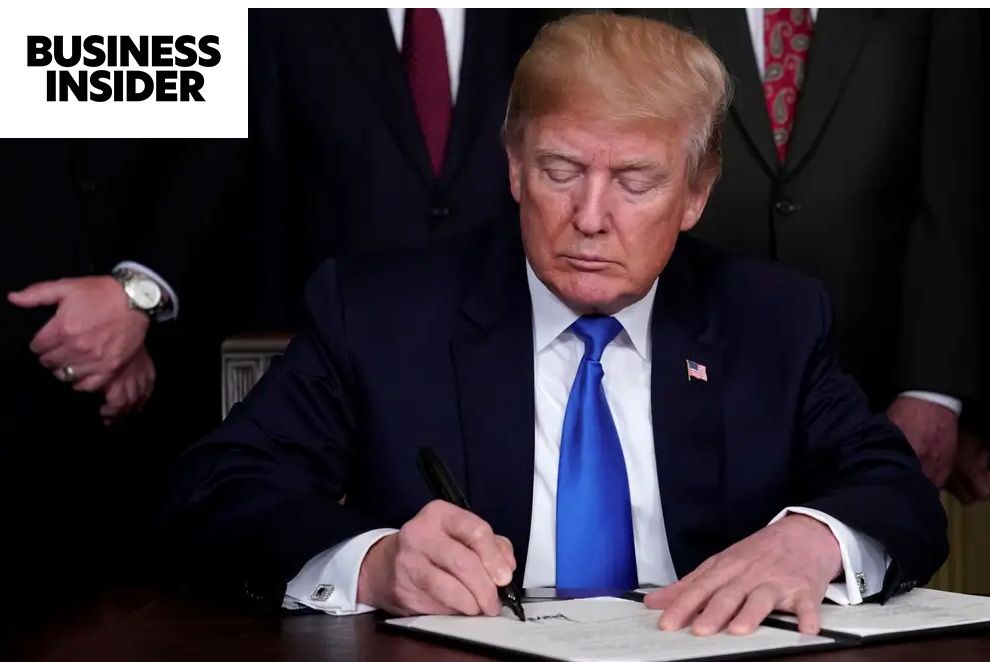Alibaba IPO a Myth in The Making
September 25, 2014
Over the last couple of weeks, the financial world has been talking incessantly about Alibaba.
In case you haven't heard, Alibaba Group Holding Limited is a Chinese group of e-commerce businesses that became a publicly traded company on the New York Stock Exchange on Sept. 19.
It was the largest initial public offering ever at $25 billion.
We are used to technology and Internet companies having odd names like Yahoo or Google, but Alibaba seems particularly odd for a Chinese company given the name's Arabic origin. Ali Baba is a character in one of the "Arabian Nights" tales who entered a thieves' den using the magical phrase "open sesame."
Alibaba the company is led by founder and chairman Jack Ma, the richest man in China and by all accounts a national hero to the Chinese people. Ma is a former English teacher who started the company in his apartment a mere 15 years ago. Along with more than a dozen friends and their pooled seed money of about $60,000, Ma created an online business-to-business marketplace platform.
Today, Alibaba makes more profit than Amazon and e-Bay combined. Ma believed in the potential of the Internet when most in China did not. Today, his company is part of an extraordinary change that is occurring in China. Jack Ma's personal story is one of success after many failures, not unlike many American entrepreneurial success stories.
Highly anticipated tech IPOs usually falter, but Alibaba hasn't.
The Alibaba IPO follows other well-known technology companies with near-mythic origin stories like Facebook, Twitter and Apple. And like many of these IPOs, ordinary investors had little or no chance of purchasing shares at the offering price — and usually this is a good thing.
Facebook is an excellent example of that. A few days after the IPO, investors were able to buy shares at a substantial discount to the initial offering price. So far, however, this isn't the case with Alibaba. The stock, trading with the ticker symbol BABA, opened for trading at $92.70, a whopping 36 percent above the initial offering price of $68. The first-day closing price for BABA was $93.89, translating into a total market value for the company of $231 billion or roughly equal to that of Procter and Gamble and JPMorgan Chase together.
Should I buy the stock?
That's the burning question for most investors now that the IPO and all of its hype is over and done. Experienced investors know that there is no reward without taking risk, and that is certainly the case here. Alibaba is profitable with $8.5 billion in sales and $3.8 billion of net income in its latest fiscal year ending in March. Alibaba is responsible for 80 percent of all online sales in China with only 46 percent of China's consumers currently accessing the Internet. As this latter figure grows and China's middle class continues to develop, Alibaba is well positioned for growth.
Thus, Alibaba has three critical things most investors look for in any potential investment: profitability, market share and growth. But there are risks.
China is ruled by a Communist party. While the Chinese government has made great strides toward economic and market reform, it still exercises a large degree of control over private enterprise. That poses an inherent risk for investors in any Chinese company, not just Alibaba. Investors should also be aware of the fact that corporate governance is much different in China. Alibaba shareholders have limited rights and do not control the company. Since Chinese law severely restricts foreign ownership, Alibaba shareholders actually own interest in an entity registered in the Cayman Islands that's under contract to receive the profits from Alibaba's Chinese assets.
Investors interested in this unique company should seek the advice from a financial advisor who understands your long-term investment goals and risk tolerance.
Phoebe Venable, chartered financial analyst, is President & COO of CapWealth Advisors, LLC. Her column on women, families and building wealth appears each Saturday in The Tennessean.

